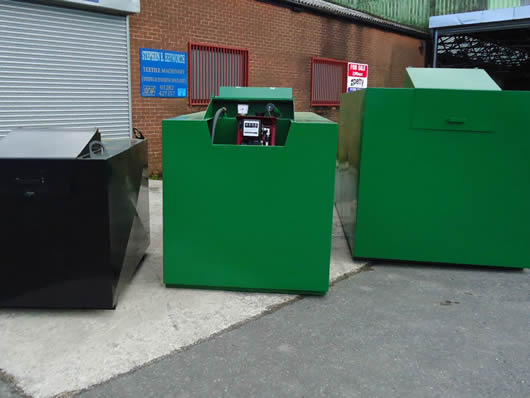
Reform of Red Diesel Article
Reform of Red Diesel Article What’s going on? In June 2019, the UK became the first major economy in the world to […]

What’s going on?
In June 2019, the UK became the first major economy in the world to pass laws guaranteeing an end to its contribution to global warming by 2050. The target will require the UK to bring all greenhouse gas emissions to net zero by 2050, compared with the previous target of at least an 80% reduction from 1990 levels. The government also launched in 2019 an ambitious new strategy to clean up the air and save lives, given air pollution is one of the biggest continuing threats to public health in the UK.
Red diesel is diesel used mainly for off-road purposes, such as to power bulldozers and cranes used in the construction industry, or to power drills for oil extraction. It accounts for around 15% of all the diesel used in the UK and is responsible for the production of nearly 14 million tonnes of carbon dioxide a year. Red diesel used in the construction and infrastructure building sectors was also estimated to have caused 7% of nitrogen oxide emissions and 8% of PM10 emissions (a type of particulate matter) in London in 2018. At Budget 2020, the government therefore announced that it would remove the entitlement to use red diesel and rebated biodiesel from most sectors from April 2022 to help meet its climate change and air quality targets. The tax changes will ensure that most users of red
diesel use fuel taxed at the standard rate for diesel from April 2022, like motorists, which more fairly reflects the harmful impact of the emissions they produce. Removing most red diesel entitlements will also help to ensure that the tax system incentivises users of polluting fuels like diesel to improve the energy efficiency of their vehicles and machinery, invest in cleaner alternatives, or just use less fuel.
Which of Our customers is this most likely to affect?
Large numbers of agriculture, construction and fuel sellers will be massively affected by these measures
This measure introduces legislative changes through Finance Bill 2021 and subsequent secondary legislation to restrict the entitlement to use red diesel and rebated biofuels from April 2022 to the following qualifying purposes:
- for vehicles and machinery used in agriculture, horticulture, fish farming and forestry. This includes allowing vehicles used for agriculture to be used for cutting verges and hedges, snow clearance and gritting roads
- to propel passenger, freight or maintenance vehicles designed to run on rail tracks
- for heating and electricity generation in non-commercial premises – this includes the heating of homes and buildings such as places of worship, hospitals and townhalls; off-grid power generation; and non-propulsion uses on permanently-
moored houseboats - for maintaining community amateur sports clubs as well as golf courses (including activities such as ground maintenance, and the heating and lighting of clubhouses, changing rooms etc.)
- as fuel for all marine craft refuelling and operating in the UK (including fishing and water freight industries), except for propelling private pleasure craft in Northern Ireland
- for powering the machinery (including caravans) of travelling fairs and circuses
The measure will also extend fuel duty to biodiesel, bioblends and fuel substitutes used in heating, applying the rebated duty rate to non-commercial heating and the full rate of duty to commercial heating. Consequential changes to covering penalties for contravening restrictions on the use of rebated fuels will also be made. The legislation will provide for secondary legislation to enable HMRC to disapply its powers to seize vehicles or other machinery in certain circumstances.
So when will these changes take place?
The measure will affect red diesel from April 2022
If you require a bunded fuel tank from us whether it’s a standard fuel tank or a bespoke bunded fuel tank then get in touch with us today by calling 01282 219130
Latest News

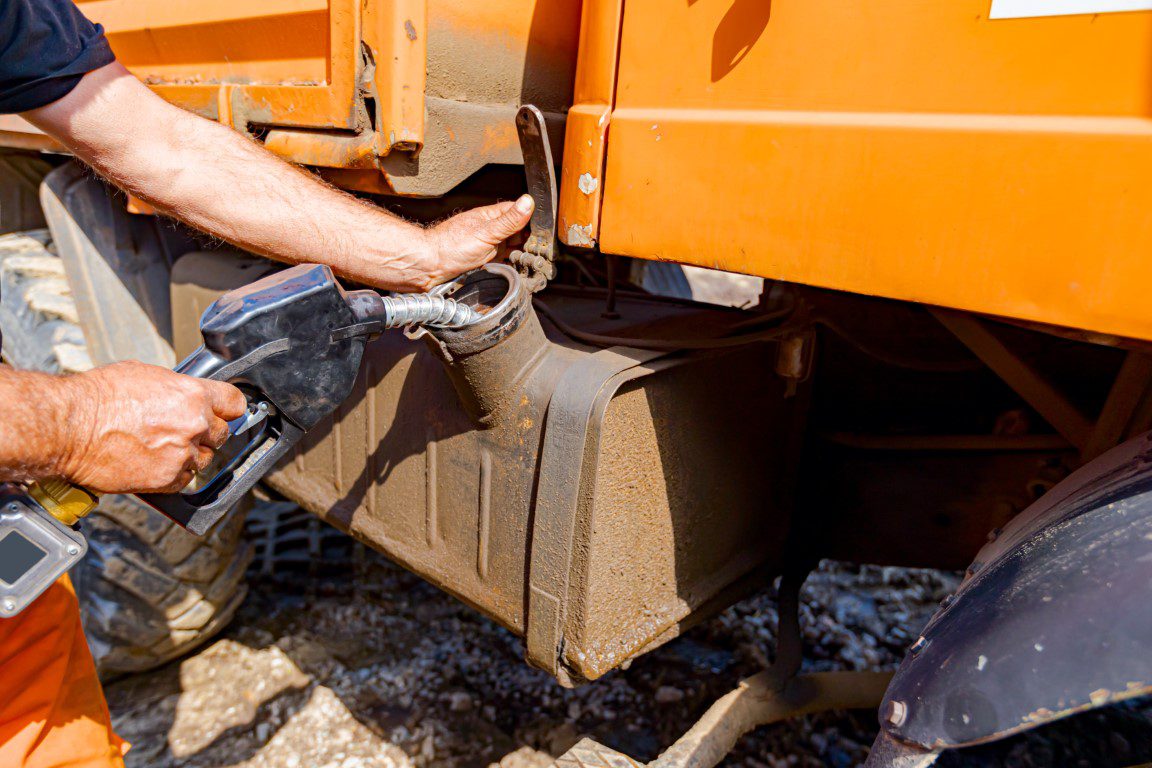
Bunded Fuel Tanks in the Construction Industry
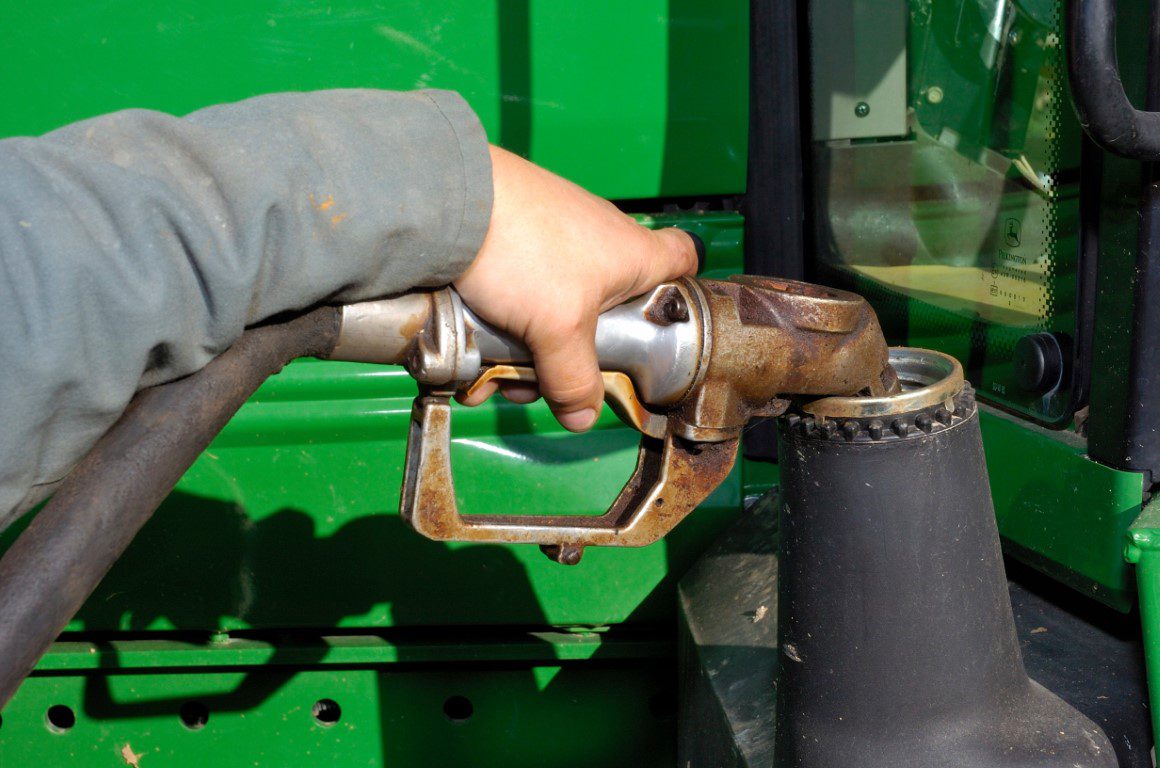
Using Bunded Fuel Tanks in farming

Reform of Red Diesel Article

What Coronavirus (COVID-19) means for Bunded Fuel Tanks

6 ways to save time & money with bulk fuel storage

Steel Bunded Fuel Tanks vs Plastic Fuel Tanks

Who needs Bunded Fuel Tanks?

Here’s to 2018, Tanks for 2017

Win £50 in Love2Shop Vouchers
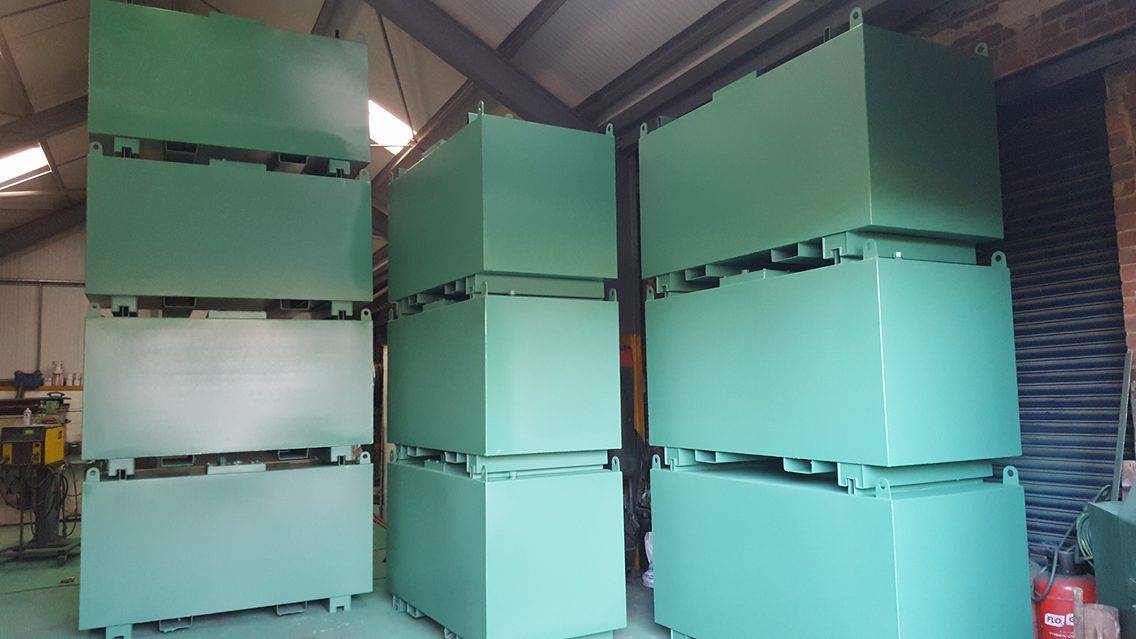
Protecting a Bunded Fuel Tank in winter
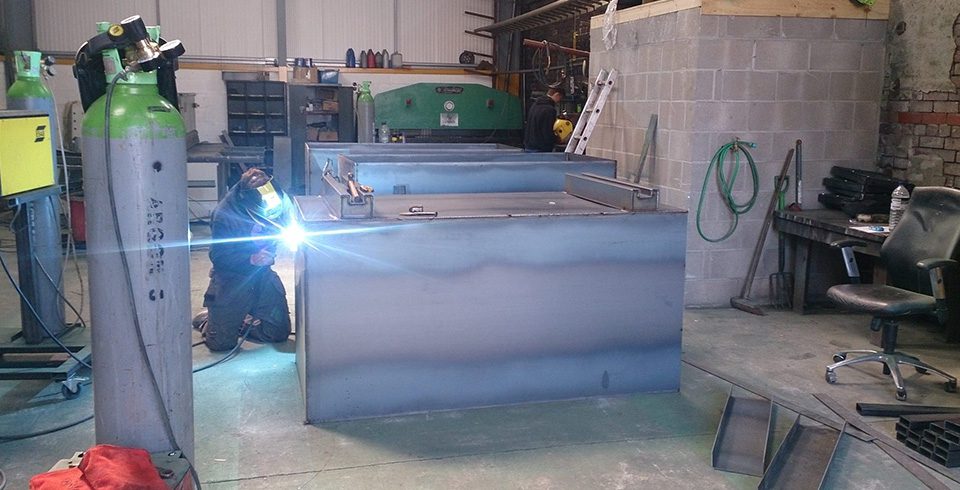
5 Safety tips when using Bunded Fuel Tanks
